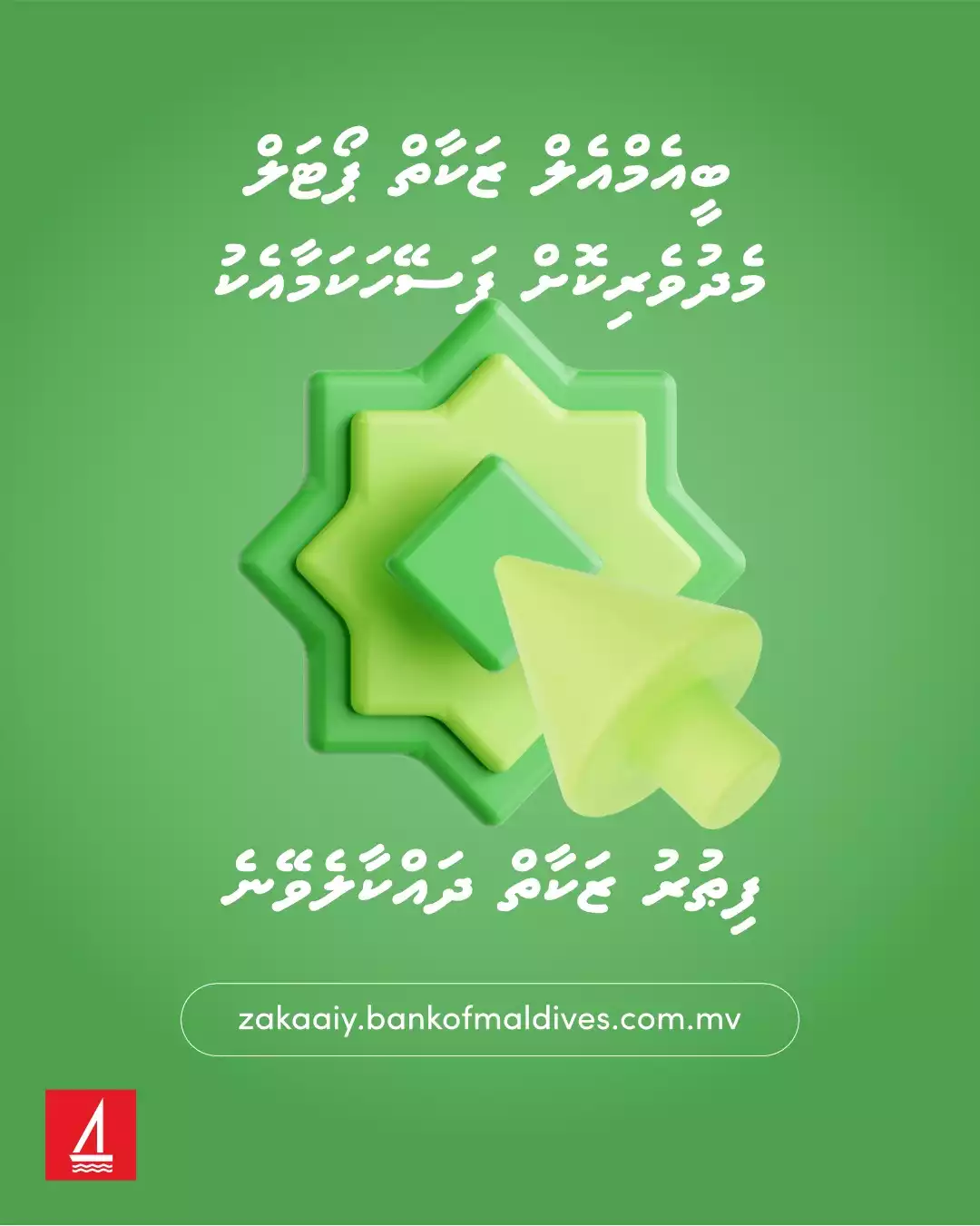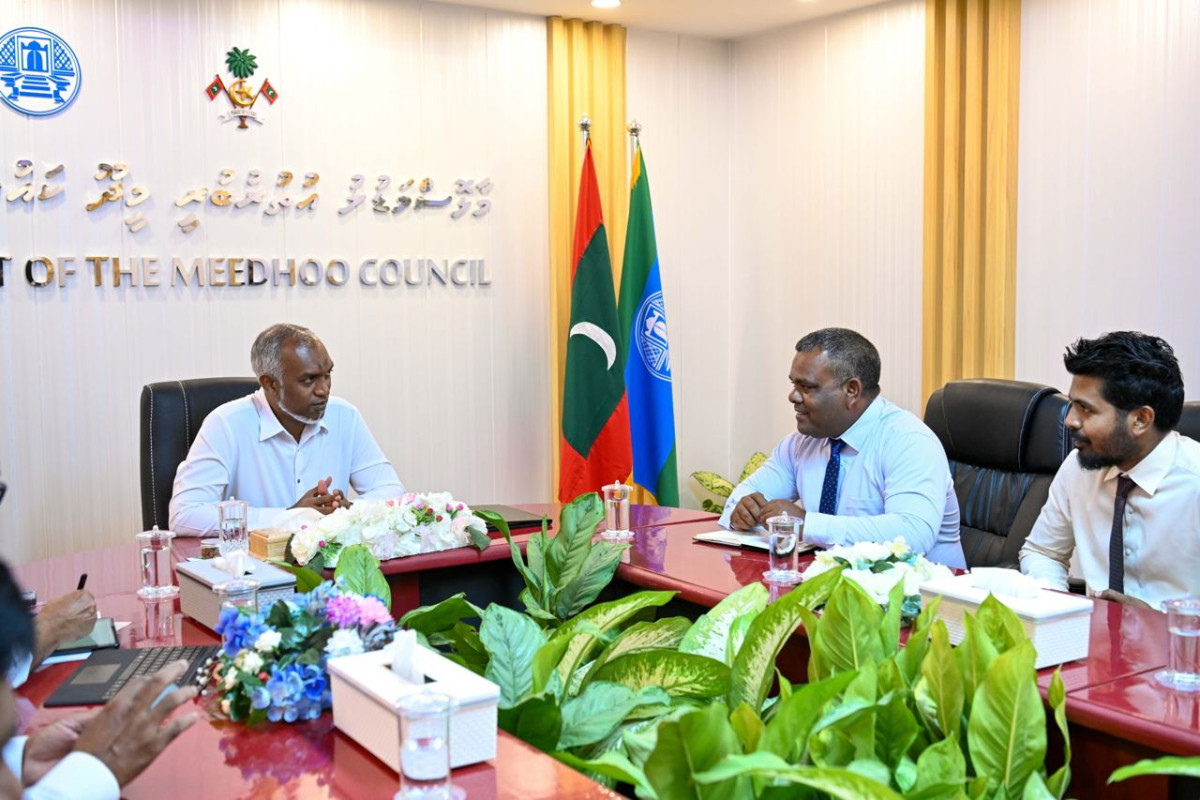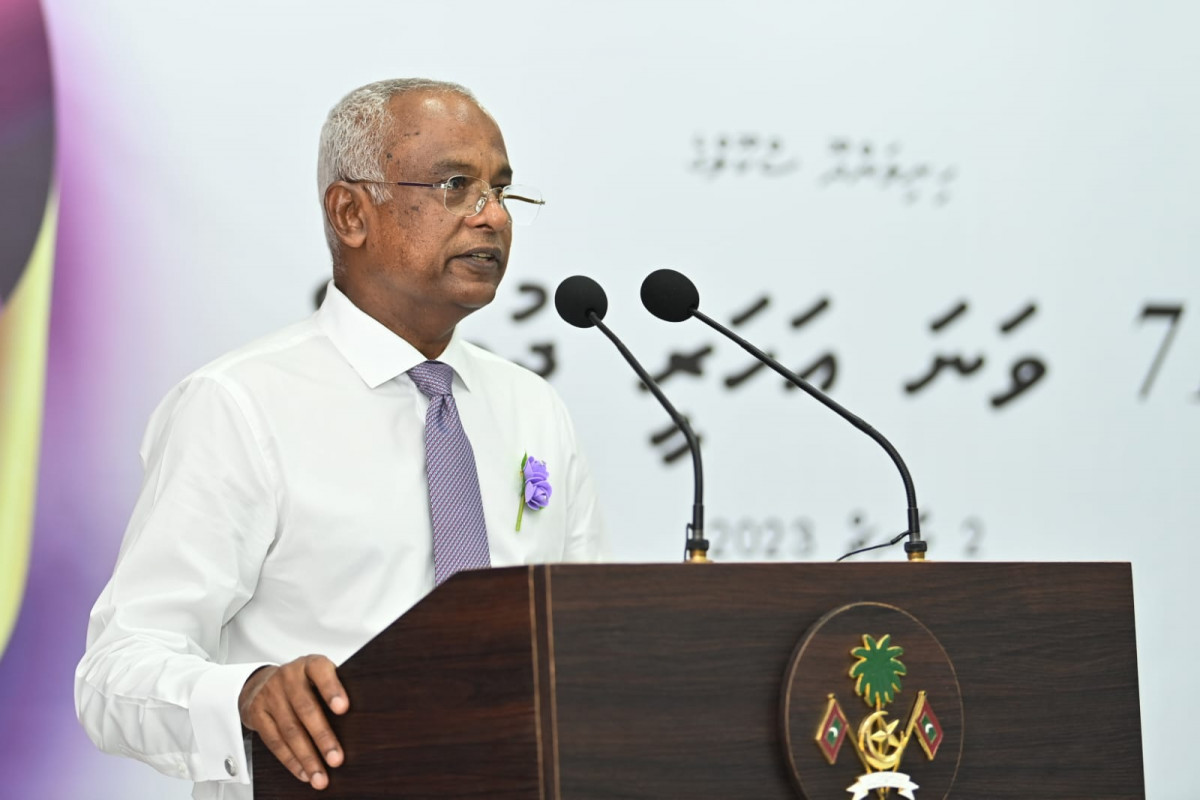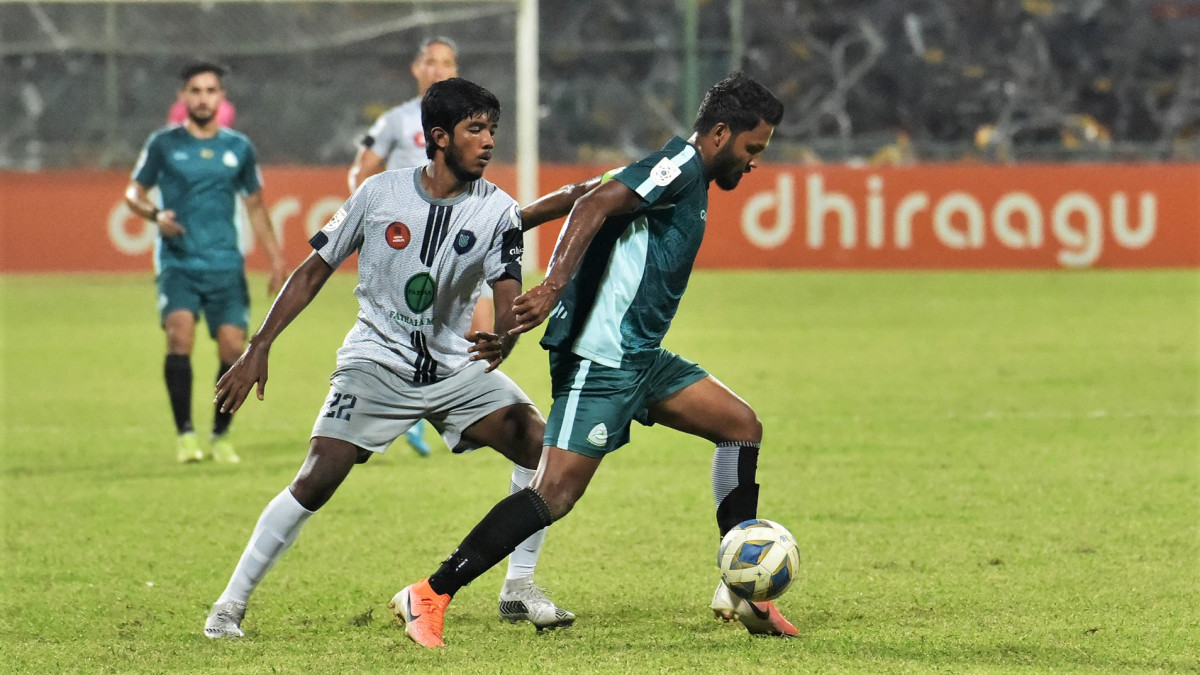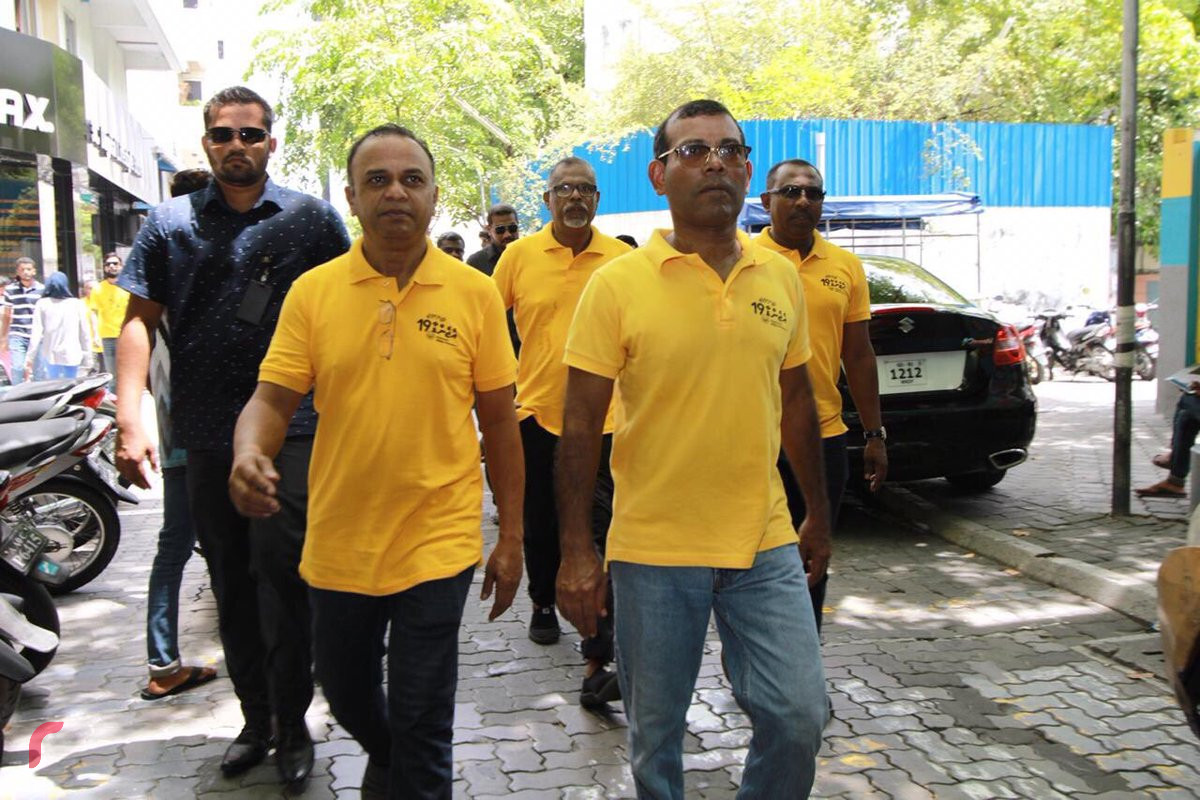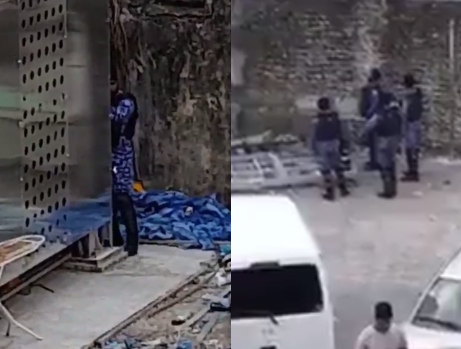“It is everyone’s responsibility to protect the environment for future generations”
Maldives has stopped the import, produce and consuming off 13 single-use plastics, completel


President Solih delivered his fourth Presidential Address at the inaugural sitting of the People's Majlis on Thursday morning
It is everyone’s “utmost” responsibility to protect the environment for the sake of future generations, says President Ibrahim Mohamed Solih.
This was revealed during his presidential address, delivered during the inaugural sitting of the People’s Majlis on Thursday morning.
As such, he stated that as long as the people live in the Maldives, it is their utmost responsibility to protect the environment, to ensure that the white sandy beaches, lagoons, reefs and sandbanks remain unharmed for the sake of the generations to come.
Stating that the government equally prioritizes protecting the country’s environment as it does to economic development, President Solih said that a Climate Emergency Act was ratified and came into effect during 2021.
The government also plans to submit another bill on waste management to the People’s Majlis during this tenure, in a bid to further strengthen the legislative framework that concerns the environment.
Further, he noted that no safe means to dispose waste is one of the biggest challenges facing the Greater Malé Region and the entirety of Maldives, adding that Thilafushi was designated as a waste disposal site to counter the growing waste problem in Malé, with the best intentions, 30 years ago.
This he described to be a major relief for the citizens of the capital city.
President Solih went on to revealed that the method of open burning for waste management in Thilafushi was brought to an end in September 2021 and the island is no longer enveloped in harmful gases.
The president said that the safer mechanisms to dispose of waste established in Thilafushi, will be expanded across 64 islands in the future.
The president also revealed that the Maldives has stopped the import, produce and consuming off 13 single-use plastics, completely
The president approved the plan to phase out single-use plastics in the Maldives by the year 2023, during November 2020. In December 2020 the People’s Majlis passed the 18th amendment to the Export-Import Act of the Maldives following which the president ratified the legislation the same month.
The amendment gave the president authority to compile and publish a list of goods prohibited to be imported to Maldives, the president may also add and remove goods from the list. Under the amendment, the government is mandated to compile and publicize the list of banned single-use plastics, including the date from which the changes are to come into effect, before January 1, 2021.
Parliament in mid-2019 passed a resolution to ban single-use plastics in Maldives from 2025 onward, after students from a number of schools collectively submitted a proposal that details the dangers of single-use plastic.
In December 2018, the president launched a campaign to eliminate single-use plastic. The government’s vision to phase out single-use plastics from the Maldives by the year 2023, was initially announced during Solih’s maiden trip to New York to attend the 74th session of the United Nations General Assembly, held in 2019.
It was introduced at the session as a government pledge, reiterated in the incumbent government’s 2019-2023 Strategic Action Plan (SAP) which envisages Maldives' waters to be cleared of plastic pollution by the year 2023.
Minimizing the use of single-use plastics was also one of Solih’s first 100-day-pledges. Since the Solih administration came into power, several government institutions alongside restaurants and cafés have stopped using plastic.
